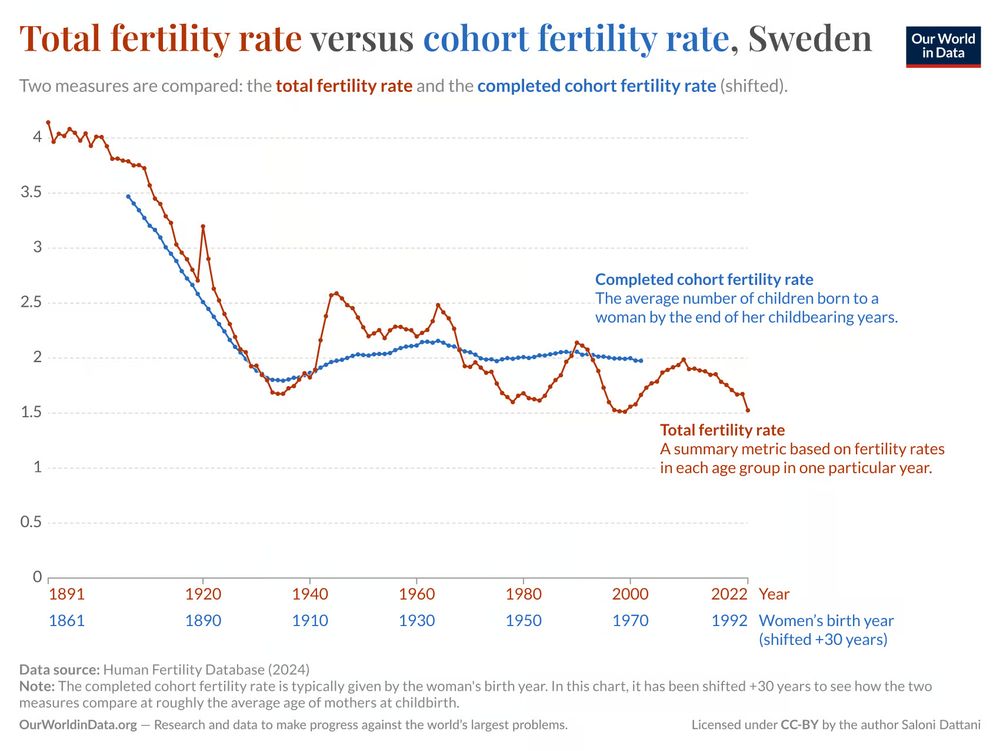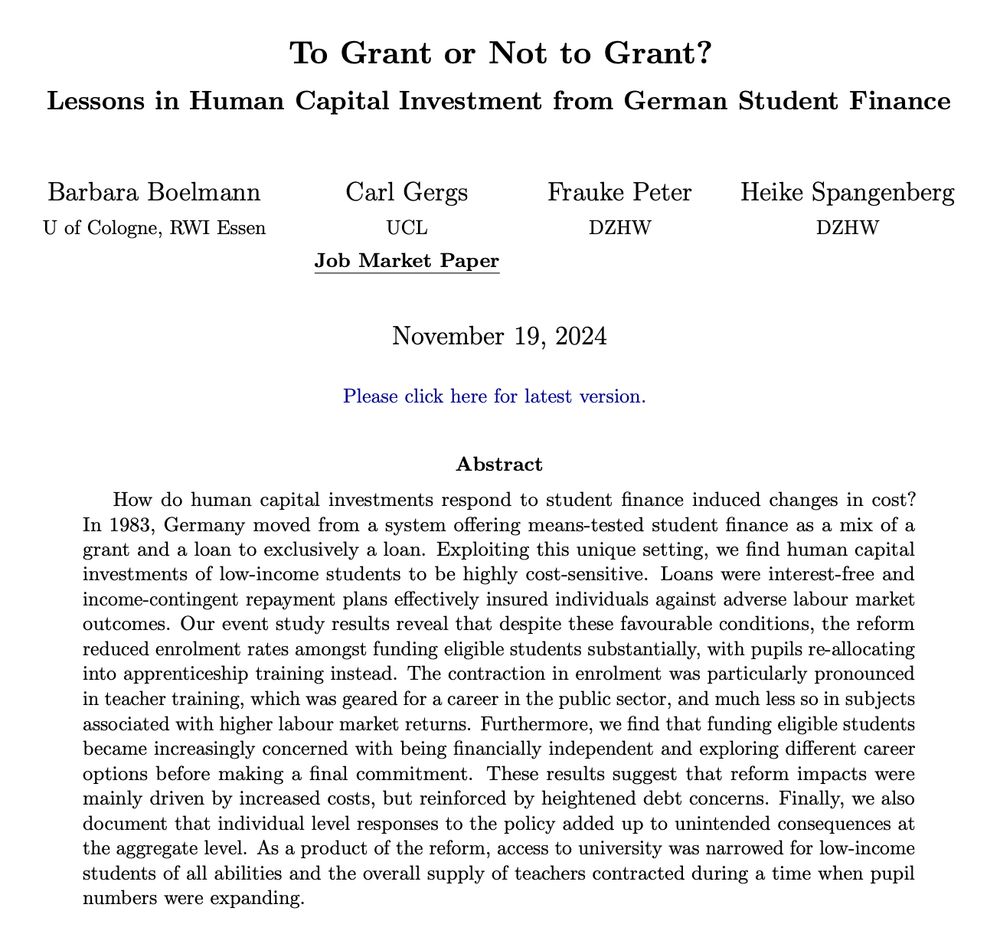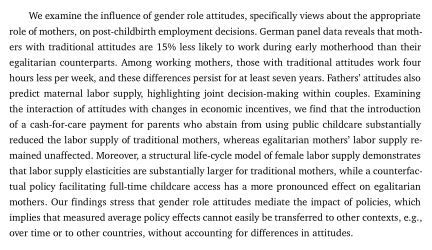
https://sites.google.com/view/mariabalgova
We present the first experimental evidence on how (not) posting wages changes the applicant pool, and whether that gives firms a reason to hide wage info.
Great short thread by my co-author Lukas + link to the full paper👇
@marcjosefwitte.bsky.social , @balgovamaria.bsky.social , Tsegay Tekleselassie, and I have a new working paper using a field experiment to study the causal impact of pay information in job adverts on application numbers and applicant skills. A🧵

We present the first experimental evidence on how (not) posting wages changes the applicant pool, and whether that gives firms a reason to hide wage info.
Great short thread by my co-author Lukas + link to the full paper👇

🗓️ Start: 1 Oct 25
💶 Salary ≥ €5200/month
🌱 Possibility to apply for tenure track program
Apply here until 17 June: econjobmarket.org/positions/11...


🗓️ Start: 1 Oct 25
💶 Salary ≥ €5200/month
🌱 Possibility to apply for tenure track program
Apply here until 17 June: econjobmarket.org/positions/11...
It was (or at the moment, is) a wonderful institute and the network was tremendously helpful in dissaminating work in labour economics.
IZA will sorely be missed 😢
So sorry for all IZA employees!

It was (or at the moment, is) a wonderful institute and the network was tremendously helpful in dissaminating work in labour economics.
IZA will sorely be missed 😢
So sorry for all IZA employees!
It's a common mistake to think the TFR is a prediction of the average number of children women will have over their lifetimes.
But it's not. The TFR can decline even when the eventual number of children per woman stays constant or even increases; the opposite can happen too. 🧵

It's a common mistake to think the TFR is a prediction of the average number of children women will have over their lifetimes.
But it's not. The TFR can decline even when the eventual number of children per woman stays constant or even increases; the opposite can happen too. 🧵
🎓Move to full loan policy: ⬇️ enrolment rates of eligible pupils
⚙️Effect driven by ⬆️ costs but also heightened concerns with debt 💰
⚠️Overall: ⬇️teacher supply + narrowed access to university
#econjobmarket
❓What are the impacts of offering student finance as a grant or a loan?
In the paper, I...
🎓 Study individual university enrolment, subject choice & career motivations
❗️Explore aggregate outcomes e.g. access to university & the occupational structure
🧵👇

🎓Move to full loan policy: ⬇️ enrolment rates of eligible pupils
⚙️Effect driven by ⬆️ costs but also heightened concerns with debt 💰
⚠️Overall: ⬇️teacher supply + narrowed access to university
#econjobmarket
If you're on the market - or just curious about working as a researcher in a central bank - join the Q&A session about the PhD Research Programme on October 23: www.eventsforce.net/bankofenglan...
If you're on the market - or just curious about working as a researcher in a central bank - join the Q&A session about the PhD Research Programme on October 23: www.eventsforce.net/bankofenglan...
@czimpelmann.bsky.social is finally out!
We've always *known* gender norms matter for female labour supply, but now we have actual *evidence* at the individual level!
Come for the new stylised facts, stay for deep policy implications 👇
What drives maternal labor supply - a key factor for labor market inequalities?
Gender role attitudes!
We use reduced form and structural methods to show that they are of first-order importance, both directly and through the mediation of policies (w/ Tim Mensinger)
🧵👇

@czimpelmann.bsky.social is finally out!
We've always *known* gender norms matter for female labour supply, but now we have actual *evidence* at the individual level!
Come for the new stylised facts, stay for deep policy implications 👇
How does online recruitment impact the geography of the labour market?
Full paper here sites.google.com/view/mariaba...
and a thread below:

How does online recruitment impact the geography of the labour market?
Full paper here sites.google.com/view/mariaba...
and a thread below:
mariabalgova.github.io/JMP.pdf

@simonjaeger.bsky.social has been an excellent boss, colleague and mentor, and it's devastating that his vision for IZA will not get a chance to materialise. He achieved a lot in his short time at IZA, and I'm really grateful I got to be a part of it.
@simonjaeger.bsky.social has been an excellent boss, colleague and mentor, and it's devastating that his vision for IZA will not get a chance to materialise. He achieved a lot in his short time at IZA, and I'm really grateful I got to be a part of it.

